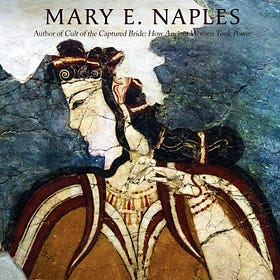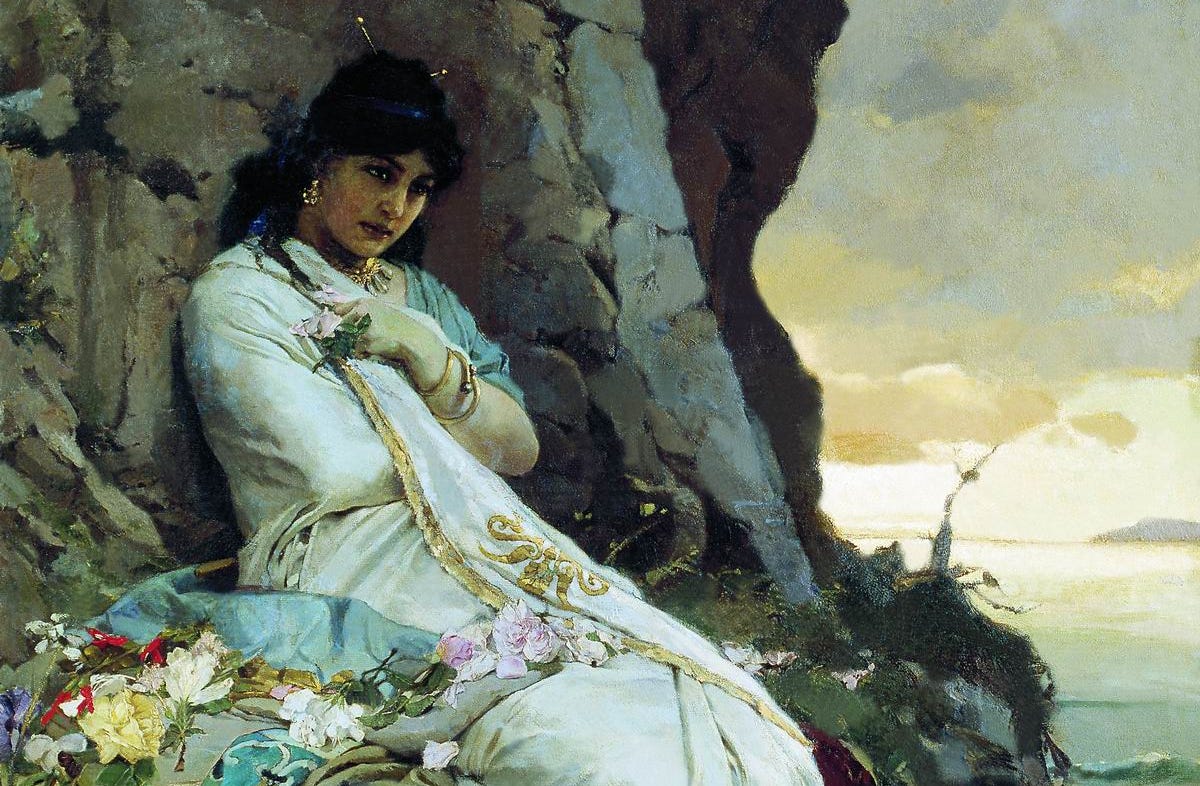Dear Classical Wisdom Reader,
When imagining Gaius Julius Caesar Augustus, also known as Octavian, one thinks of the many statues that adorn the former Roman Empire. Arms raised with a serious brow, he is portrayed as a strong leader, a formidable mind and man who makes history... and he very well may be all those things... but today we ask, what was he like as a man? As a husband and a father?
Looking at him from this perspective, we see a very different person... Indeed, his relationship with his one and only child is both extraordinarily complicated as well as deeply concerning.
But was this always the way? Did they once have an affinity for each other? And was the final and extreme punishment of his daughter deserved or cruel?
We will delve into the fascinating and spellbinding history of Julia Augusti. A princess who was always in the limelight, a central figure to the convoluted and corrupt politics of the early Roman empire, and whose life was fit for a Greek tragedy... It’s a tale engrossing, captivating as well as heart breaking...
Read on and decide, was Octavian merciless or meticulous in his actions?
Classical Wisdom Members, today’s article is but one chapter of the exciting -newly released- book, “Unsung Heroes: Women of the Ancient World”. Written by Mary Naples, she has unearthed women's stories chronologically beginning from the dawn of ancient Greece to the last vestiges of the Roman Empire... and you can enjoy these historical and mythological stories in the Ebook below:
Unsung Heroes: Women in the Ancient World
All the best,
Anya Leonard
Founder and Director
Classical Wisdom
P.S .If you prefer paperback, you can order your own copy of “Unsung Heroes: Women of the Ancient World” here and enjoy going screen free and supporting independent authorship:
The Banishment of Julia Augusti
By Mary Naples
“I would certainly not describe as mercy, what was actually the exhaustion of cruelty.”
Seneca from In Mercy refers to the deified Augustus
All of Rome was in an uproar. No one had imagined that even a cold fish like Augustus was capable of exiling his only biological child, Julia, to a barren and windswept island. “Let her be banished for life,” he is recorded as saying about Julia’s harsh exile. Banishment from Rome, however, was not enough. For her sins, the princess was exiled to the penal island of Pandateria (present-day Ventotene, off the Western coast of Italy).
The real reasons for such harsh punishment—immorality was the given cause—are still debated. No men were allowed on the island aside from the guards who kept watch. Being deprived of male companionship would make for a more exacting punishment, so the thinking went. To that end, wine was forbidden in that stygian enclave. Food provisions were kept at a minimum. In other words, Julia was in prison.
This was a sea change from her former life. Adored within the palace and outside of it, Julia Augusti (39 BCE-14 CE) was charismatic, sophisticated, and renowned for her joie de vivre. When news of her exile hit the streets, people came out in droves for her. In an attempt to restore their adored princess lovingly referred to as “the merry widow,” they packed the streets and held effigies calling for her release as they thronged the curia.
Unmoved, Augustus responded:
Keep reading with a 7-day free trial
Subscribe to Classical Wisdom to keep reading this post and get 7 days of free access to the full post archives.






